Logan Tierney ’12 (Anthropology, Latin American, Caribbean and Latinx Studies)
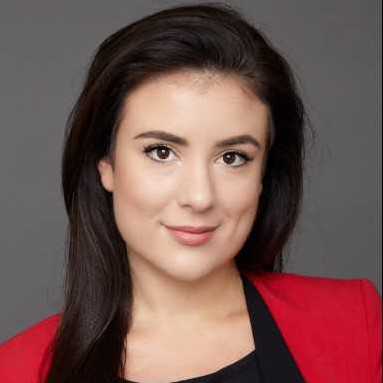 Project Manager, Greater New York Hospital Association
Project Manager, Greater New York Hospital Association
I graduated cum laude from SUNY New Paltz with a dual major in Anthropology and Latin American and Caribbean Studies. I then went to SUNY Albany Anthropology Department and earned a master’s focused on biological anthropology in modern populations, including health disparities, maternal/child health and the intersection of health and culture. During these years I worked in the Department’s Center for the Elimination of Minority Health Disparities Lab, as well as holding an internship within the New York State Medicaid Policy Office. The latter opportunity lead to a full-time staff position where I joined the core team to develop the NYS Medicaid policy programs Delivery System Reform Incentive Payment (DSRIP) and Value Based Payments (VBP) from 2014–2017. Most recently, I joined the Greater New York Hospital Association and work on clinical quality improvement projects across the health care delivery system of New York, New Jersey, Connecticut, and Rhode Island.
Overall, I feel like I have been able to apply my liberal arts education throughout my educational and professional career because of the critical and big-picture thinking practice a liberal arts degree cultivates. Liberal arts teaches a student to conceptualize projects and goals holistically, considering a multitude of outcomes based on an integrated landscape in any given field. This, combined with the interest in human health and culture shaped by an anthropologic lens, has benefitted me as I work in health systems policy and program management.
September 2017
Parvathy Sankar ’03 (Anthropology)
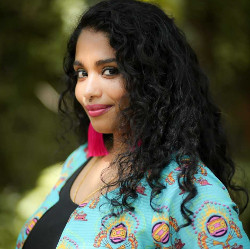 Chief of Operations, Policing and Corrections Program, U.S. Embassy - Dhaka, Bangladesh
Chief of Operations, Policing and Corrections Program, U.S. Embassy - Dhaka, Bangladesh
My current position is with the U.S. Department of Justice's International Criminal Investigative Training Assistance Program (DOJ/ICITAP). I am the Chief of Operations for the Policing and Corrections Program at the U.S. Embassy in Dhaka, Bangladesh. I manage the U.S Embassy’s Counterterrorism programs and Counter Extreme Violence activities.
My liberal arts degree in anthropology prepared me for my work in international development. Anthropology professors Victor Demuck and Ed Pierce were very inspirational for me when I was at New Paltz. They encouraged me to follow my dreams.
June 2019
Tisa Loewen '15 (Anthropology)
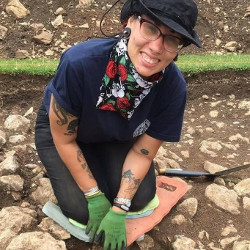
Master's Student at New York University
In May 2015, I graduated from SUNY New Paltz with a bachelor’s degree in Anthropology. Since then, I have been strengthening my skills in the biological and archaeological aspects of anthropology as a master’s student at NYU. Over the summer, I attended bioarchaeological field school in Spain, and currently I intern at the American Museum of Natural History. Recently, I was accepted as an American Association of Physical Anthropologists Ethics Committee fellow for 2017-1018. I have also been working with Zadar University and SUNY New Paltz Associate Professor of anthropology Kenneth Nystrom on analyzing a skeletal collection from the archaeological necropolis in Nadin, Croatia for my master’s thesis. In the fall, I will be presenting media from this work at the 2017 American Anthropological Association Annual Meeting. At this time, I am preparing applications to Ph.D. programs in biological anthropology where I will research skeletal biology as it relates to identity construction, admixture, as well as dialogues on biological affinity in anthropology.
Having trained in 4-field anthropology, which incorporates biological, archaeological, linguistic, and cultural studies, I have come to value interdisciplinary perspectives, a hallmark of liberal arts education. As a nontraditional student that worked for many years before finishing college, I find that this educational package allows me to engage the academic community confidently. This approach gave me not only skills in critical thinking and social awareness, but also modern scientific methodology and an appreciation of ethical practices. Finally, as I work toward a career in anthropology, I am mindful to highlight the importance of diversity in academia, evolution in the classroom, and continuing education in science in hopes of sharing with others the excellent training imparted to me.
April 2017
Jeremy Borelli ’12 (Anthropology)
Maritime Archaeologist, Qu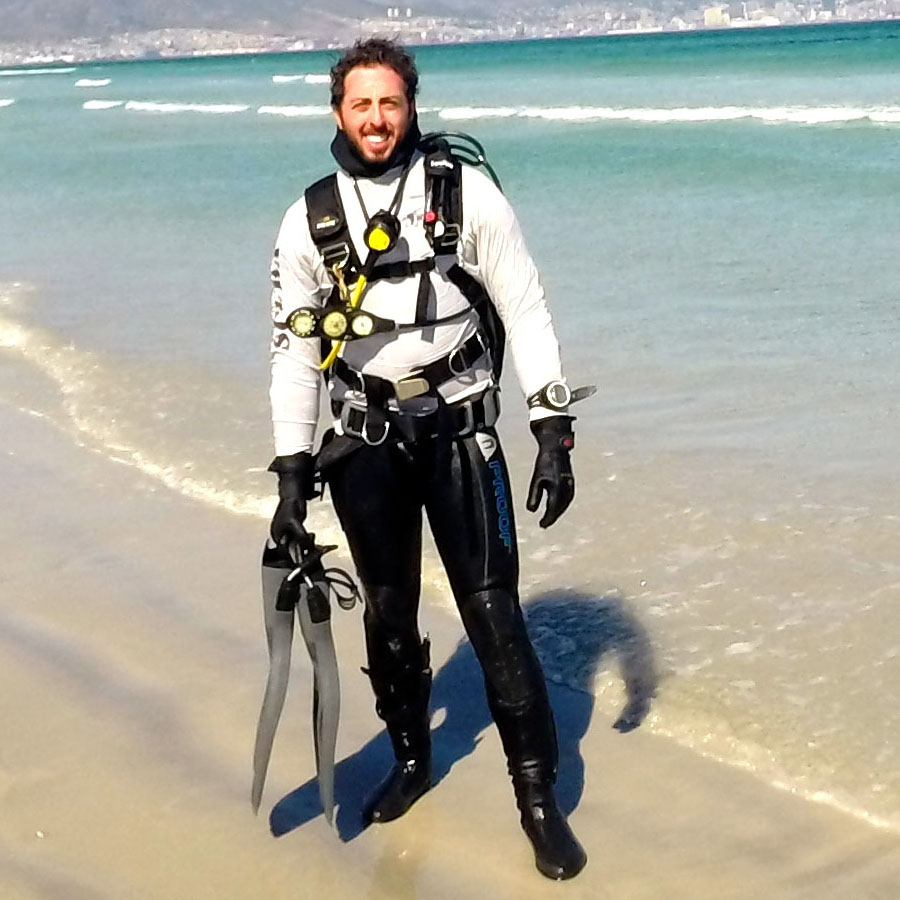 een Anne’s Revenge Shipwreck Project
een Anne’s Revenge Shipwreck Project
After graduating from New Paltz with my Anthropology degree, I enrolled in East Carolina University's Program in Maritime Studies and began work at the Queen Anne's Revenge Shipwreck Project Conservation Lab in Greenville, NC. I also participated in the field excavations of Blackbeard's flagship for the past three years. During this fieldwork I have documented, excavated, and recovered several large artifacts including cannons, and rigging, along with numerous smaller items. As part of my master's thesis research, I travelled to Cape Town, South Africa to perform historical research and archaeological documentation of the harbor in Table Bay as well as several British shipwrecks in the area. While in Cape Town, I assisted with the on-going African Slave Wrecks Project, which focused on recording an eighteenth century Portuguese slave ship that wrecked while carrying a large consignment of human cargo. I also participated in archaeological recording, 3D modeling, and community outreach for local shipbuilding and boating activity in North Carolina's northern Outer Banks.
A common thread among every project I have been a part of has been the ability to think critically and tackle complex problems in a safe, effective and ethically-sound manner. This is what the liberal arts education I received at New Paltz provided. As a maritime archaeologist, the sites, artifacts and history that we investigate are in a unique and often inaccessible environment for many people who are not divers or do not have access to the water. Furthermore, finding funding for these projects and addressing the issues of working underwater force us to come up with novel techniques and research designs for approaching this material. The value of my liberal arts education has been to provide me with the capacity and skill set to take maritime cultural material, examine it using unique and often technical methods, and make it applicable within a wider social context. No matter what, people value culture, heritage and history. My liberal arts education taught me how to take the technical aspects of my job and apply them to make this invaluable resource available to those who want to share in the experience.
April 2016
Fran Mascia-Lees ’76 (Anthropology)
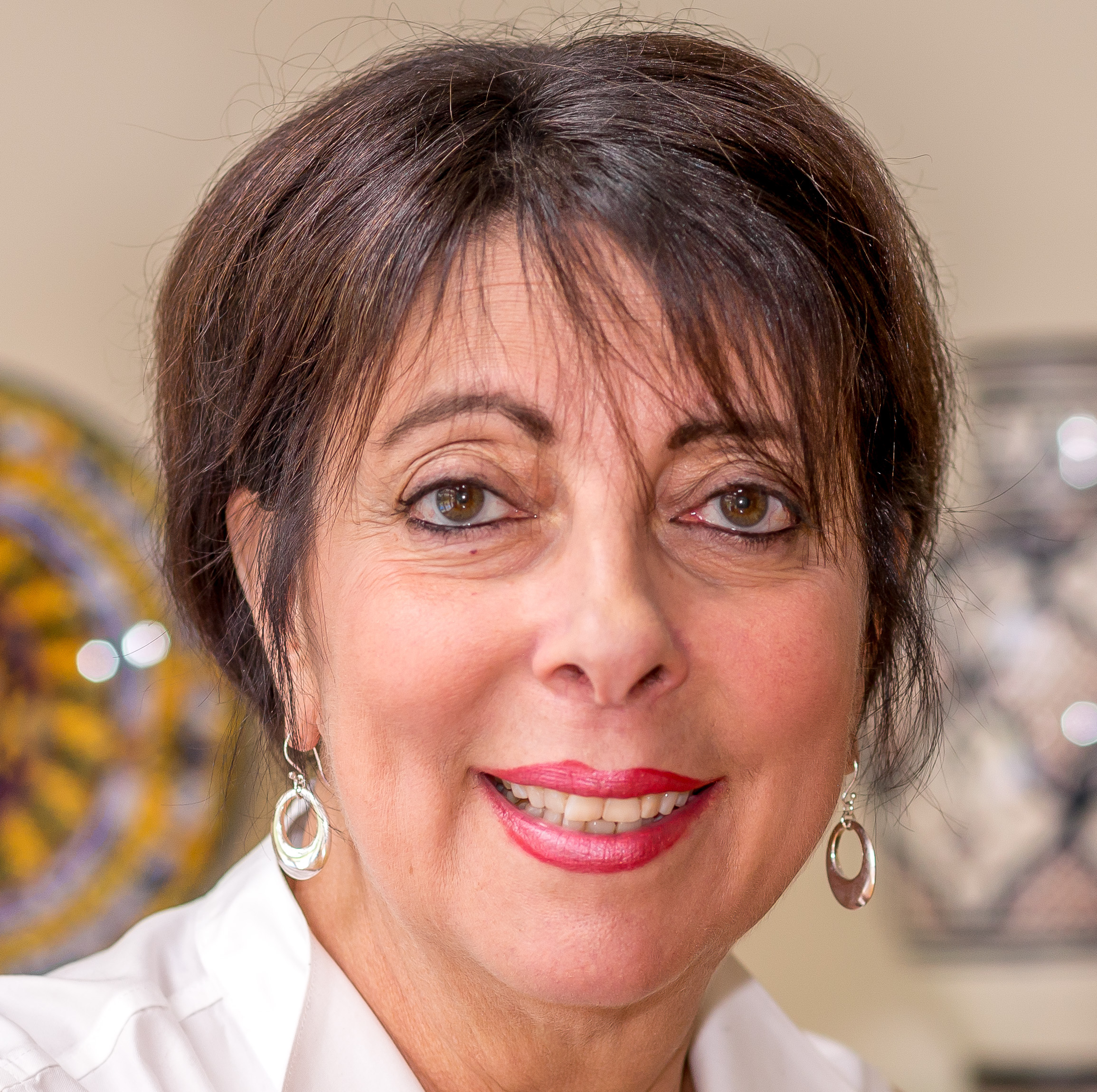 Professor of Anthropology, Rutgers University
Professor of Anthropology, Rutgers University
I began my career as an anthropologist at SUNY New Paltz. I graduated in 1976 with a degree in anthropology and soon went to SUNY Albany for a Ph.D. in cultural anthropology. It was the 1970s, a time of social unrest not only in the United States but also across the world. Resistance to the Vietnam War and colonialism as well as to the inequality of women and minorities in the United States had not just been in the air since the 1960s but had been taken to the streets. Colonized people fought for independence while, in the U.S., the Civil Rights Movement grew stronger and women—both minority and white—began to reveal, analyze, and fight oppression in the home and the workplace. I became active in these protests and found anthropology—with its emphasis on thinking independently, appreciating differences among groups, standing against ethnocentrism, and pursuing social justice—the perfect discipline to pursue my commitments within the academy. I wrote my dissertation on variation in women’s status across cultures and went on to teach about this and a wide range of other topics, first at a small, experimental liberal arts college and then at a large public university.
Although anthropology is inherently interdisciplinary and has served as the foundation for my inquiries and teaching, other courses I took at New Paltz rounded out my understanding of inequality and injustice, including Sociology, Women’s Studies, and History. A course on World War II, for example, fueled what became my life-long attempt to understand Nazism and genocide. In my undergraduate education, I honed critical thinking skills, learned how to form abstract concepts, and gained the capacity to evaluate evidence and to write with clarity and precision about the topics and issues that intrigued me. It was this foundation on which I built over the years to publish seven books and 50 academic articles and to lecture nationally and internationally on a wide range of topics, including the body as a site of social injustice, consumer culture as a location from producing oppositional identities, and the politics of knowledge in underwriting social and cultural inequalities, whether in representations and practices in popular science, Hollywood and ethnographic film, or the tourist industry.
As Editor-in-Chief (2001-2006) of the American Anthropologist, the flagship journal of the American Anthropological Association, I reviewed and edited articles in cultural, biological, and linguistic anthropology, in archaeology, and in a number of other disciplines. I chaired the Department of Anthropology (2004-2009) and served as Dean of Social and Behavioral Sciences at Rutgers University (2011-2014).
In addition to my academic endeavors, I have tried to put my commitments into action. I recently had the opportunity to do so as an International Scholar for the Open Society Institute (2011-2014), in which I mentored young scholars across Eastern Europe. In this role, I have worked with faculties of cultural studies in Bulgaria, anthropology in Kosovo, and gender studies in the Republic of Georgia, all seeking emancipation from the restrictive structures and practices embedded in academia under communism. A rich and broad undergraduate education was the basis on which I have built a career in anthropology over the last 40 years.
April 2016

 Project Manager, Greater New York Hospital Association
Project Manager, Greater New York Hospital Association Chief of Operations, Policing and Corrections Program, U.S. Embassy - Dhaka, Bangladesh
Chief of Operations, Policing and Corrections Program, U.S. Embassy - Dhaka, Bangladesh
 een Anne’s Revenge Shipwreck Project
een Anne’s Revenge Shipwreck Project Professor of Anthropology, Rutgers University
Professor of Anthropology, Rutgers University





